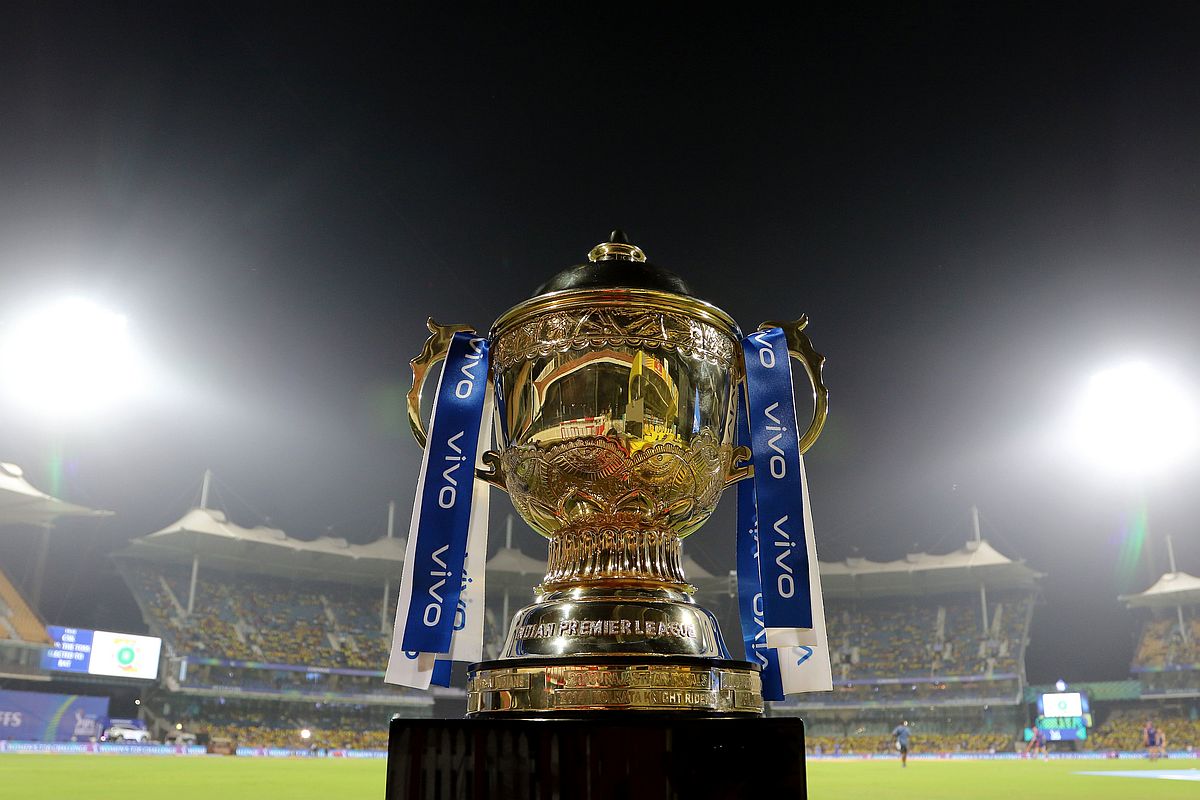With the World Health Organization (WHO) declaring the novel Coronavirus a pandemic, it is evident that the situation is dire. So far, there have been over 7,989* deaths and 198,737* cases worldwide, including 148* confirmed cases with three fatalities in India.
The Indian government has started taking measures to stop the spread of the novel virus by suspending visas till April 15 and has advised the BCCI to cancel several sports events. Following the orders, the BCCI deferred the cash-rich Indian Premier League (IPL), slated to begin on March 29, till April 15 and also called off India’s remaining two ODIs against South Africa.
Advertisement
Even as it seems that the Sourav Ganguly-led organisation is trying its level best to conduct the IPL, the government is emphasising on the safety of the citizens. Amid the rising cases of coronavirus in the country, the fate of IPL ultimately depends on the decision taken by the BCCI.
To chalk out its further course of action, the cricket governing body on Saturday met the franchise owners and has reportedly provided eight options with regards to how the tournament will be conducted. However, hours after the meeting, BCCI President Sourav Ganguly said it’s premature to speak on its fate as safety is of utmost importance and therefore a review will be done every week. Ganguly also added that the tournament will be truncated, which hints at the Indian board’s wish to go forward with the tournament.
As things hang in limbo, it makes sense for the BCCI to cancel the IPL, keeping in view both the health emergency and the future of the tournament itself. Taking lessons from Italy, wherein, it decided to go ahead with its top-flight league Serie A, ultimately postponing it after personalities like Juventus defender Daniele Rugani tested positive, the BCCI must realise the dire consequences on players if IPL is to be continued.
In addition, sports events like Euro 2020, Copa America, English Premier League, Spain’s La Liga, Qatar MotoGP, NBA, have also been postponed. BCCI should place the health of the players as the top priority because if infected, it will affect the upcoming tournaments as well.
It is to be noted that the Home Ministry on Saturday declared coronavirus as ‘notified disaster’, and states like Delhi have declared that they would not host any sports events including the IPL. In such a situation, the BCCI going ahead with the game will expose its one-sided outlook, which may in turn harm India’s prospects in upcoming tournaments.
Some reports also suggest that the BCCI is mulling over closed-door matches – in that case, IPL would run at a risk of losing its entertainment value, with no enthusiastic crowd and dancing cheerleaders in the stadium. Moreover, as it happened during the recently concluded Australia-New Zealand first ODI match, the players will be forced to search the ball in the stands all by themselves – draining both time and energy. Moreover, it would risk the health of staff and the organisers as they are also prone to infection as much as the spectators.
It’s been around three months since the first case of coronavirus surfaced. However, there has not been any cure or vaccine till date against the deadly infection. Emerging from China’s Wuhan, health authorities first identified it as ‘pneumonia-like cases’. Days later, on January 7, a novel coronavirus was identified as the causative agent. With as many as 167* countries being infected by the virus, conducting a tournament as big as IPL would simply mean risking health at the cost of money.
As the IPL has high entertainment value and the money invested in this much-awaited tournament is immense, the BCCI is looking for every possible way to conduct the mega event. At a time of global health emergency, another option suggested by the BCCI as per reports is to reduce the number of matches and to replace the foreign players, if they are unavailable. In that case too, a houseful match does not reduce the chances of COVID-19 spread. Moreover, if BCCI’s one nod leads to the spread of the infection even in a couple of players, India will have to deal with a worldwide backlash for its low priority on healthcare.
As the country attempts to contain the pandemic by shutting down schools, colleges, cinema halls and even malls till March 31, it is for the good sense of the organisers of IPL to decide if they wish to take the risk and run into a controversy by giving a nod to the tournament or take a decision in line with Government’s directive.











